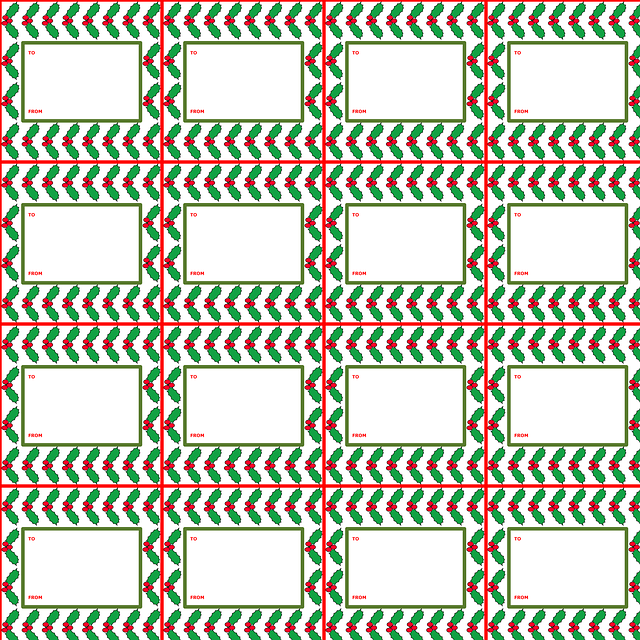“Uncover effective skin tag removal techniques, including non-surgical methods suitable for home use and advanced medical procedures. Explore various treatments, from laser therapy to prevent future growth, tailored to meet your needs. Understanding different types and causes of skin tags in Birmingham allows for informed decisions. Discover the best practices for safe and successful tag elimination, ensuring a clear and confident you.”
- Understanding Skin Tags: Causes and Types
- Non-Surgical Removal Methods at Home
- Medical Procedures for Tag Elimination
- Laser Therapy for Persistent Tags
- Preventing Future Skin Tags from Forming
Understanding Skin Tags: Causes and Types
Skin tags, also known as acrochordons, are small, soft skin growths that typically appear in areas where skin rubs against itself. They can vary in size from a few millimeters to a couple of centimeters and often look like small pieces of hanging skin. While they are generally harmless, many people opt for Birmingham tag removal due to aesthetic concerns or discomfort caused by their presence.
There are several types of skin tags, with the most common being soft or flesh-colored. They can also be darker in color, resembling moles, and may have a rough texture. The causes of skin tags include friction, genetics, weight gain, and hormonal changes. In some cases, they might appear due to certain conditions like diabetes or thyroid disorders. Understanding these causes is essential when considering the most effective Birmingham tag removal method for your specific situation.
Non-Surgical Removal Methods at Home
Non-Surgical removal methods for skin tags at home have gained popularity in recent years, offering a more accessible and less invasive alternative to traditional procedures. One common approach is using over-the-counter medications or salves containing ingredients like salicylic acid or lactic acid. These products can help soften and eventually remove skin tags by dissolving the connecting tissue. Another DIY method involves freezing skin tags with liquid nitrogen, a process known as cryotherapy, which requires professional medical supervision for safety purposes.
For those seeking a Birmingham tag removal solution without surgery, home remedies offer a tentative option. However, it’s crucial to approach these methods with caution and realistic expectations. Home treatments might not be suitable for everyone, especially for larger or more sensitive skin tags. Consulting a dermatologist is always recommended for proper diagnosis and guidance on the most effective non-surgical Birmingham tag removal techniques tailored to individual needs.
Medical Procedures for Tag Elimination
When considering skin tag removal in Birmingham, several medical procedures offer effective solutions. One common method is cryosurgery, where a healthcare provider uses liquid nitrogen to freeze and destroy the tags. This procedure is quick, usually taking just a few minutes per tag, and is well-suited for smaller or moderate numbers of tags. The advantage lies in its non-invasive nature, with minimal downtime and scarring.
Another option is surgical excision, performed under local anesthesia. A doctor cuts out the skin tag, often using a scalpel or a laser, ensuring clean margins to prevent regrowth. While slightly more invasive than cryosurgery, this method provides permanent removal and is suitable for larger tags or those in sensitive areas. Both techniques have their merits and are chosen based on individual needs and preferences.
Laser Therapy for Persistent Tags
Laser therapy is a highly effective method for removing persistent skin tags, especially in areas that are hard to reach or have been previously treated. This non-invasive procedure involves using concentrated beams of light to target and destroy the skin tag tissue. It’s particularly popular for Birmingham tag removal due to its precision and minimal downtime.
During the treatment, a specialized laser is directed at the skin tag, breaking down the fiber bundles that hold it in place. This process stimulates the body’s natural healing response, leading to the gradual disappearance of the tag over a few days or weeks. Multiple sessions may be required for larger or more stubborn tags, but many patients appreciate the convenience and effectiveness of this technique, making Birmingham tag removal accessible and efficient.
Preventing Future Skin Tags from Forming
After successful skin tag removal in Birmingham, it’s important to take preventive measures to avoid future growths. One effective approach is maintaining good hygiene and keeping the affected area clean and dry. Regular washing with mild soap and warm water, followed by gentle patting dry, can help reduce the chances of skin tags returning.
Additionally, staying hydrated and adopting a balanced diet rich in vitamins and minerals contributes to overall skin health. Avoiding friction or irritation on the skin, such as tight clothing or jewelry, is also crucial. If you notice any new skin tags, consult a professional Birmingham Tag Removal service promptly to address them early and prevent further proliferation.
Skin tags can be a nuisance, but with various removal techniques available, including non-surgical home remedies, medical procedures, laser therapy, and prevention strategies, folks in Birmingham can bid farewell to these tiny skin growths. Understanding the causes and types of skin tags empowers individuals to make informed decisions about their preferred removal method. Whether opting for at-home care or professional treatment, there are effective solutions to achieve smooth, tag-free skin. Remember, prevention is key; taking measures to avoid future skin tags can save you time and money in the long run.
